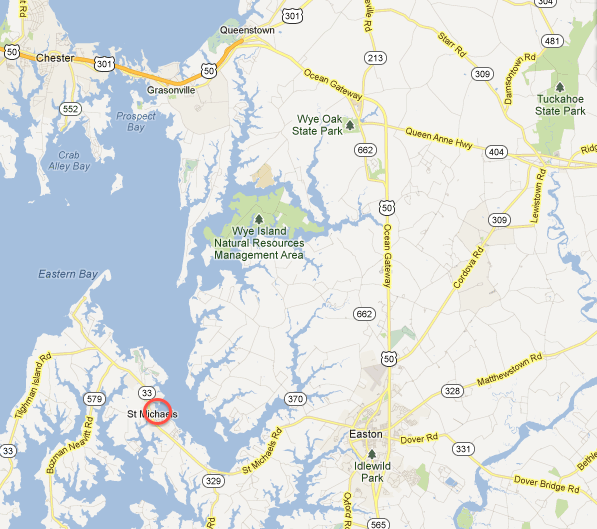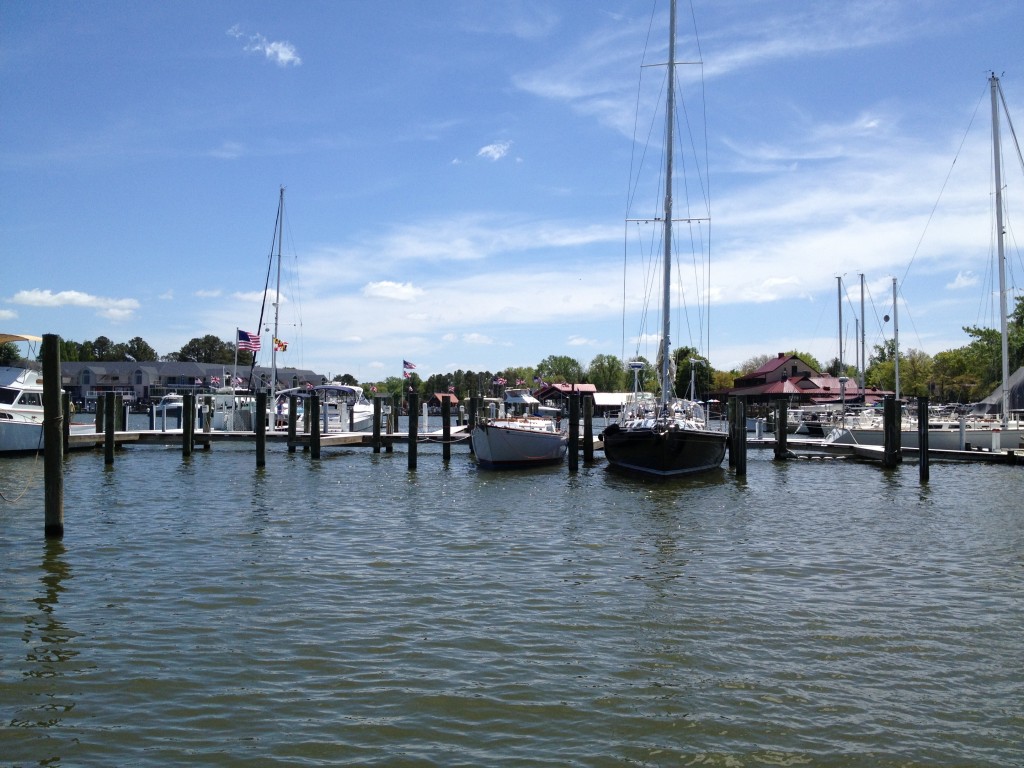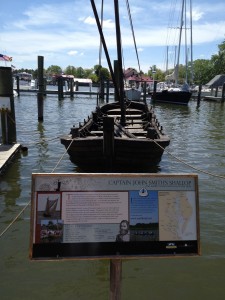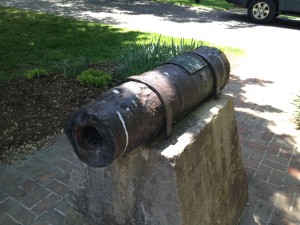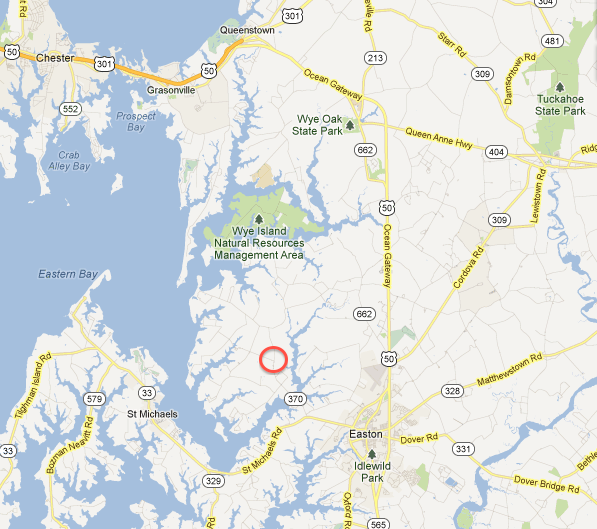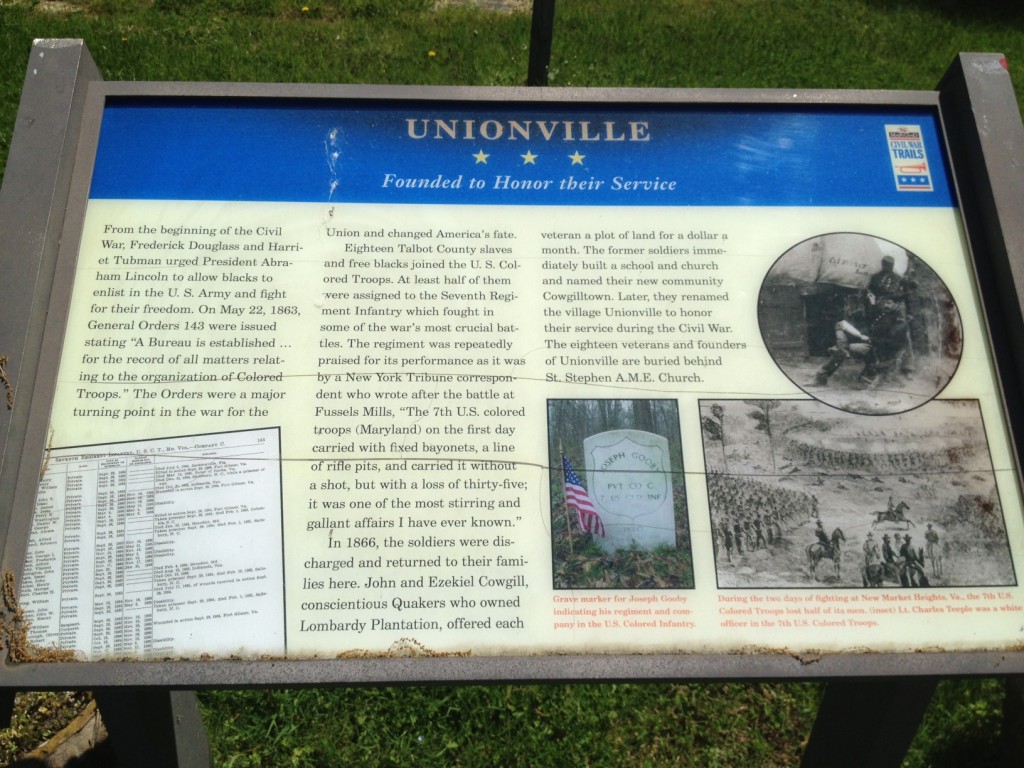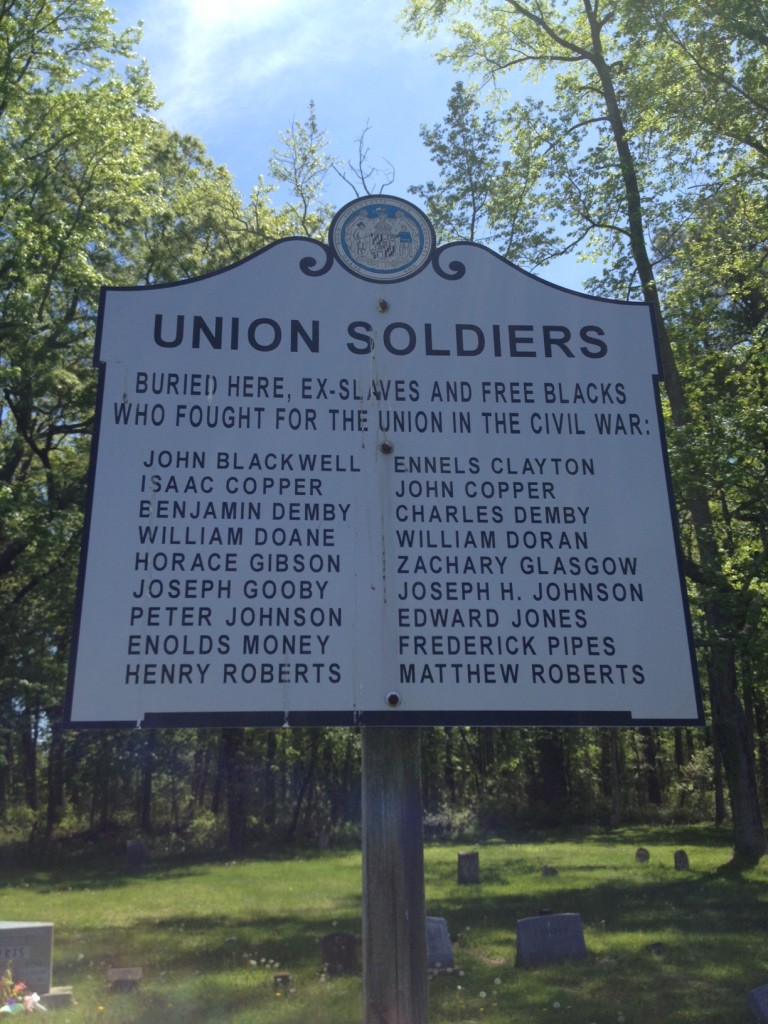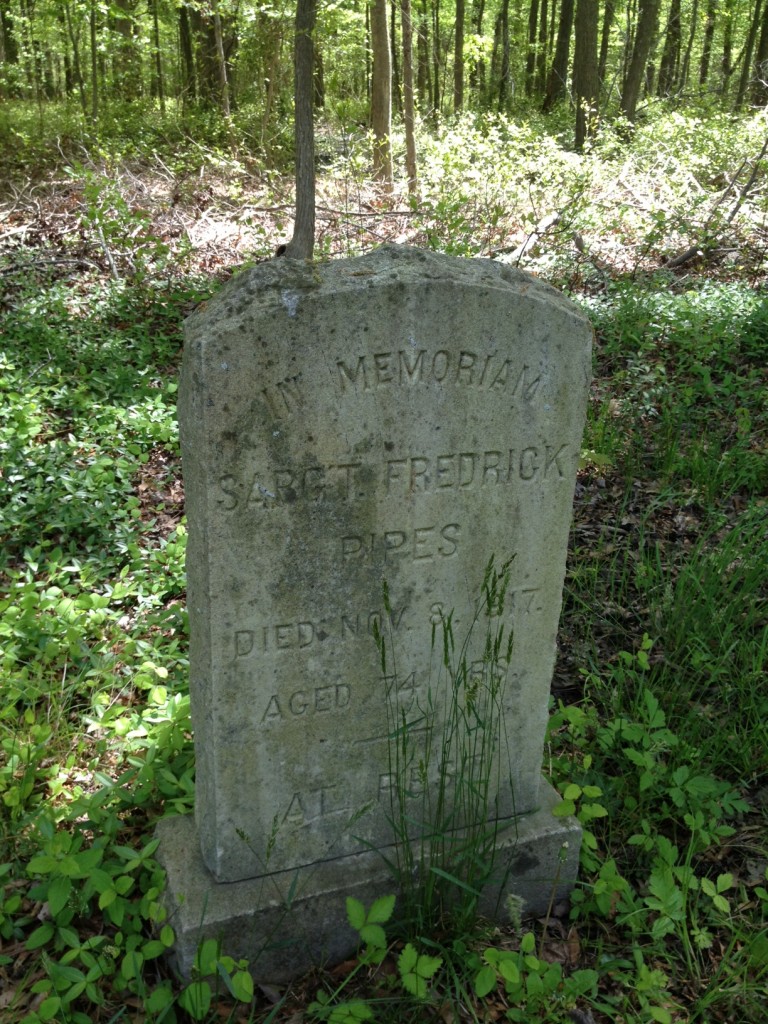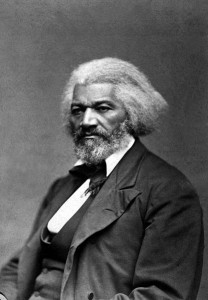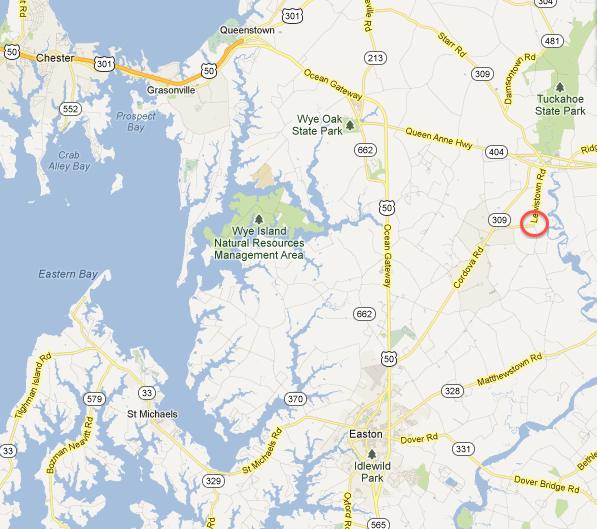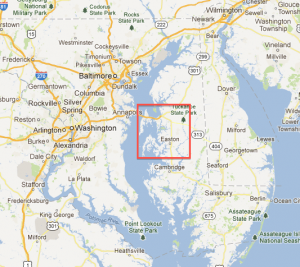This is a continuation of a series of posts that are intended to be shorter, more understandable versions of the Federalist Papers. This post deals with Federalist #22, the original text of which can be read here: http://thomas.loc.gov/home/histdox/fed_22.html
Originally published December 14, 1787 by “Publius” – who was in this case, Alexander Hamilton.
The problems we’ve already discussed aren’t the only ones that make our current system incapable of good government.
Everyone agrees that the government should be able to regulate commerce. We’ve already talked about how useful this would be, so I don’t have much to add. It’s obvious that this item requires federal supervision. The fact that our current government can’t do it has already led to tensions between a few States, and problems in negotiating foreign treaties. I mean, who is going to make a trade agreement with a government that can’t guarantee control of its own trade? The plan of the British government seems to be to play our States off each other.
And many States have done just that – acting independently in regulating their trade (especially with Great Britain). We need a uniform policy.
The greed and selfishness of some States, manifested in their trade regulations, has already led other States to complain and seek their own selfish solutions. Not only does this go against the whole idea of “Union”, but if we don’t get this under control, there won’t be a Union left. Look at what the Germans have done to their commerce by having every prince exact his own taxes on trade passing through his territory. Now, I hope we wouldn’t be so stupid as to allow that to happen, but if we keep going down this road of conflicting State interests, we’ll almost certainly end up treating all our neighbors like foreigners.
The ability of our current government to raise armies depends upon the generosity of the States for money and men. This led to severe problems and inefficiencies during the Revolution. States could only meet their quota of men by offering huge bounties to anyone who would sign up for them. As the men became more scarce, the bounties went ever higher. The people saw this going on, and so able-bodied men weren’t enlisting, hoping to get a better deal later on. In the midst of crisis, we couldn’t get enough troops, and were overpaying for the ones we had. Some States resorted to tactics that were less-than liberty-minded in order to meet their quotas. Is that the kind of society we want?
Not only is this system inefficient, it’s unfair. The States that have active battles going on within their borders had to try very hard to raise men out of fear, while the States that were far from the action barely participated in recruiting efforts. It isn’t like the negligent States could be easily found out – sending fewer men is harder to track and figure out than sending less money. The States that didn’t do their part will probably never make up for it. It’s pretty clear that this quota system – both for men and for funding – just doesn’t work.
Another problem is that every State has an equal say. This is unfair to the larger States – Delaware and Rhode Island have an equal voice to Pennsylvania and Virginia – and fundamentally goes against the idea of majority rule. Of course some will say that the States are all equal and sovereign, and thus a majority of States equals a majority of the country. But this doesn’t make sense – what if the “majority” that is formed of States is actually a minority of the total population? Should we all have to submit to the will of the minority? How long will it take the larger States to simply leave the Union rather than put up with this? By sticking around, they wouldn’t only be giving up power, but fairness, too. Since the smaller States aren’t equipped to go it alone without the larger ones, they should support any measures that keep the larger States happy.
One answer to this problem is to require a 2/3rds vote for any major decision – the idea being that 2/3rds of the States will always equal at least a majority of the population. But this isn’t fair – and plainly doesn’t add up. You can today put together 2/3rd of the States that don’t constitute a majority of the population. This is on top of the problem of determining which issues fit in the “major” category vs. the ones that can be determined by a simple majority. Also keep in mind: we will probably be adding more States later.
In addition: this “solution” may actually cause greater problems. If all decisions require a 2/3rds vote, then the minority can always veto the majority. We might as well have minority rule. And if some States aren’t available to vote on a matter, the problem is compounded. There have been cases where Delaware and Rhode Island (together about 1/60th of the population) have been able to block legislation. In this case, the “solution” acts in practice in exactly the opposite way that its designers intended. The idea behind a 2/3rds requirement is that it will promote security, but it in fact promotes obstructionism and corruption. In emergencies, quick action is required. Things have to move forward. In order for that to happen in such a system, the majority has to do what the minority wants – the minority will, in effect, be in control. This leads to delays, corruption, and bad compromises – and you’re even trained to feel good about these things! It all ends in weakness, and maybe even anarchy.
It doesn’t take much imagination to see that this also increases the chances for foreign corruption, not to mention rebellion at home. You may think this isn’t true, but imagine the damage that could be caused by a foreign power grinding our government to a halt at just the right time. While the 2/3rds requirement guarantees that nothing destructive will be done, its easy to forget that nothing good will be done either. The power to halt progress can be just as dangerous as the power to make the wrong progress.
Imagine that we’re in the middle of a war, as an ally of one nation against another. Now, if we got tired of war and decided to try to make peace while our ally wanted to continue, it wouldn’t be difficult for the ally to figure out that all he has to do is bribe 1/3rd of the States to see things his way, and he can prevent the peace process from happening. The same can also happen with our enemy – manipulating a small minority to get their way. And not just with wars, either. One foreign nation could, through corruption in a small number of States, prevent us from trading with other foreign nations.
I’m not making this stuff up. While the republic is a great form of government, it’s weakness is in how easily it can fall victim to foreign influence. Monarchies are far from perfect, but at least a King will not sell out his own country – that particular evil is extremely rare.
In a republic though, people who have been given power by their fellow citizens are often tempted by their own greed to sell that power to the highest bidder. Their personal gain isn’t explicitly linked to the good of the country as it is with a King. There are tons of historical examples of this kind of corruption in republics, and we’ve already talked about the damage that resulted. This type of buying of influence is commonplace.
Yet another problem with our system is that we have no federal judiciary. Laws become meaningless without courts. Treaties as well need to be treated like law, and we need courts to apply them. Rather than leave national matters to the individual State courts, we should have one supreme court to keep things consistent and act as a final arbiter. Most other nations have a setup like this.
This becomes even more of a problem in our system, where there are federal and State laws. What is to keep the States from over-ruling federal laws that they disagree with? If State courts get the final say, we will not only potentially end up with dozens of separate answers, but those answers will obviously be in the best interests of the individual States, not necessarily the common good. This is especially a nightmare for treaty interpretation and enforcement. Why would any foreign nation take us seriously when any treaty might be imbued with 13 different meanings?
So far, I’ve just talked about the biggest flaws in our system. There are still other smaller ones that gum up the works, too. Obviously, the system is so flawed that we can’t just patch it up with amendments – we need to gut it and start over.
Congress isn’t organized in an effective way. A single house may work OK now, but if we start giving additional powers to the federal legislature – even ones that everyone agrees it should have – it could lead to problems. If we don’t change this aspect of Congress now, we may be forced to give the additional powers in an emergency situation later. If that happens, the government will either crumble under the weight of it, or become so all-powerful and tyrannical as to become one of the worst of all time. We will have created the terror that the opponents of the Constitution claim to be wary of.
Finally, it doesn’t help things that the Articles of Confederation were never approved by the people. Because it is essentially only an agreement between legislatures, there are questions about whether it can be repealed by individual States, or if it is even a legitimate government in the first place. As bad as it sounds to allow one party of a contract to completely annul it, that idea is on the table. We need to have a more solidly-constructed government. Our future has to be founded on the consent of the people. All national authority must be granted by them.

